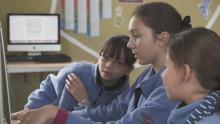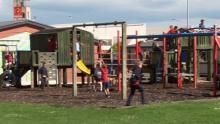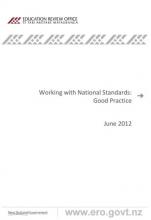Responding to Language Diversity in Auckland
Auckland is New Zealand’s most culturally diverse city, with over 100 ethnicities and more than 150 languages spoken on a daily basis. How are schools and early learning services in Auckland responding to this increasing cultural and language diversity? This question was the basis for a new evaluation published by ERO Responding to Language Diversity in Auckland.
















